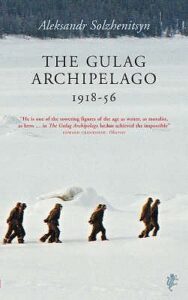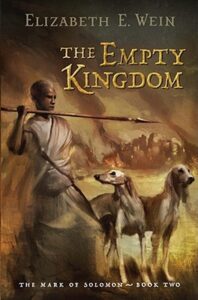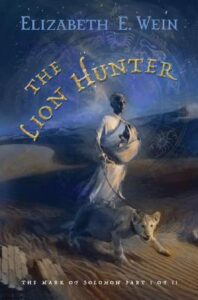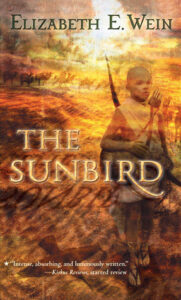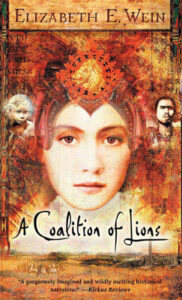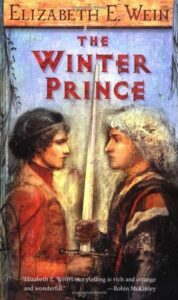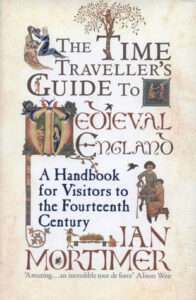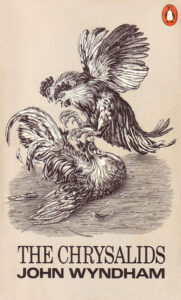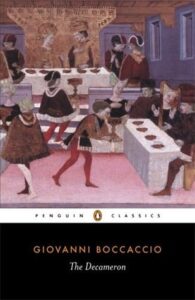 The Decameron, Giovanni Boccaccio
The Decameron, Giovanni Boccaccio
Flashback Friday review from 24th April, 2011
The Decameron is obviously a hugely influential piece of literature (actually, it’s just plain huge), so it’s no wonder I’d get around to it eventually. I’m not a huge fan of Chaucer, really, but I did recognise a couple of the source texts he used in this, and I imagine that the choice of frame narrative for the Canterbury Tales might’ve been suggested to Chaucer by The Decameron. Certainly The Decameron was an influence, anyway.
The Decameron also inspired a song by one of my favourite singers, Heather Dale, ‘Up Into The Pear Tree‘, about Pyrrhus and Lydia and their trick on Lydia’s husband. It’s a lovely song, playful and quite in keeping with the tone of The Decameron.
Despite its length, The Decameron is very easy to read. It’s a collection of a hundred short stories — or perhaps a hundred and one, if you count the frame story — split into ten ‘days’ with the conceit that a group of ten young men and women meet outside Florence during the plague years, and to entertain themselves, they elect a king or queen from their number each day, who dictates a theme for the stories that they tell. The stories are quite similar at times, when they revolve around a specific theme, but overall there’s a lot of different stories, often funny, and often to do with sex. You get the impression that no women in medieval Italy (with the exception of Griselda and Zinevra) were ever faithful to their husbands!
Being a medieval work, it’s unsurprisingly not terribly good about subjects like rape or feminine strength. Sometimes it praises women to the skies and at other times blames them for what isn’t their fault, or what certainly isn’t a fault in all women. Still, it didn’t make me uncomfortable most of the time, and there are plenty of clever and strong women in the tales as well.
The Penguin translation, by G.H. McWilliam, is extremely good, in the sense of always being very readable and entertaining, rather than dry, and this edition comes with a wealth of notes on context and on each specific story. There are maps and an index, too. Even if you’re not reading this for study, it’s worth getting — perhaps especially so, because it explains things clearly no matter what your level of expertise on the subject.
Rating: 5/5
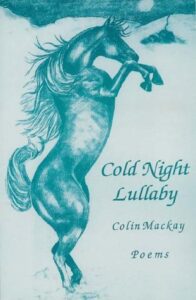 Cold Night Lullaby, Colin MacKay
Cold Night Lullaby, Colin MacKay
